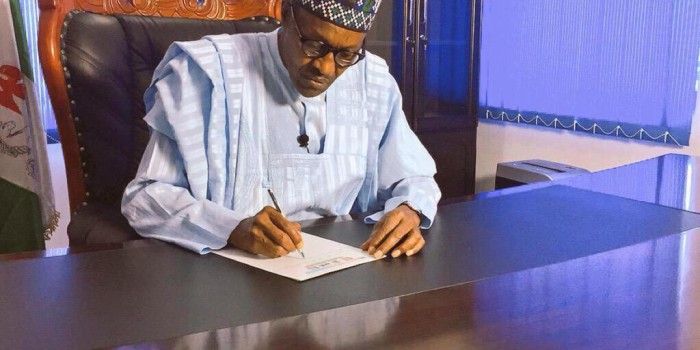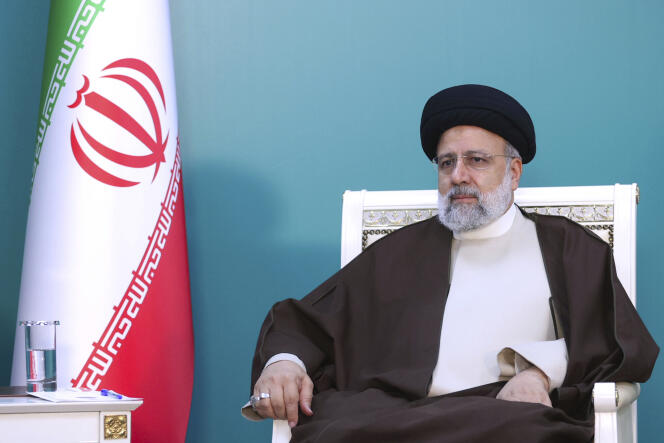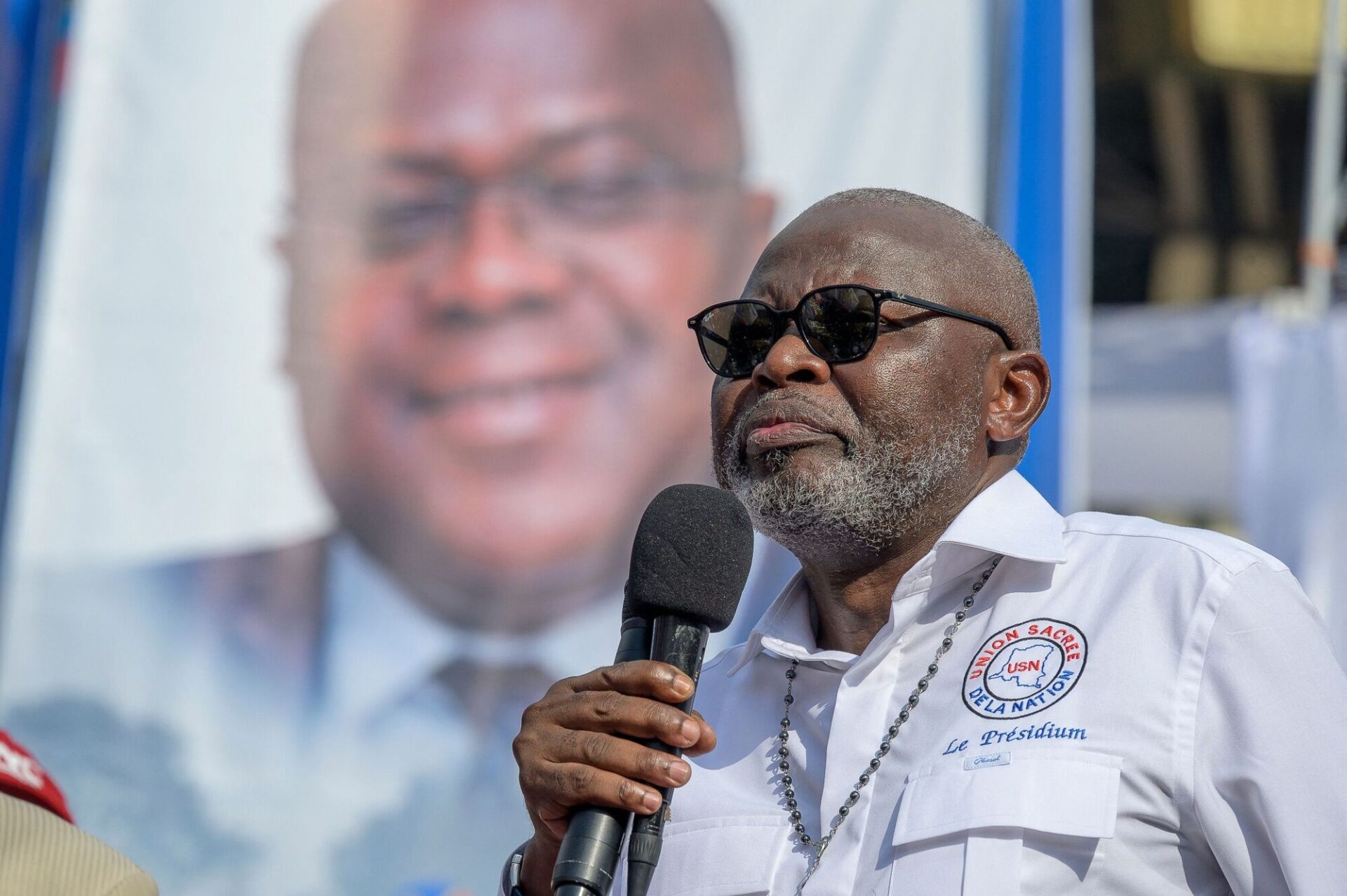Until a few years ago, Africa Rising was a dominant theme in conversations about the global economy. That enthusiasm has since cooled, so that in newsrooms, think tanks and conference panels, “Africa Rising!” has given way to a more questioning “Africa Rising?”
While some of that pessimism may be justified, we do not have the luxury of distracting ourselves with lamentations about our current circumstances. Instead of hoping for commodity prices to rise, African countries should seize the opportunities that these times present — not least here at today’s U.S.- Africa Business Forum — to lay a foundation for the kind of economic growth that transforms the lives of our people.
One of our biggest challenges during the boom years was that we failed to convert the benefits of high commodity prices into more jobs and significant improvements in standards of living. Hence the great debate, during those years, about how to ensure that the growth became “inclusive”.
Now that we are face to face with the vulnerabilities somehow hidden during the years of plenty, we should turn away from the unhelpful habits of the past and chart a new course. Since I signed the 2016 budget into law in May, Nigeria’s Ministry of Finance has released more than N400 billion for infrastructure spending — more than the total amount spent in 2015.
In the face of dwindling oil revenues, we are turning to debt. We have begun raising a $1 billion Eurobond, our first in three years. We are also raising debt from the World Bank, the African Development Bank, the Chinese Exim Bank and other development finance partners.
Unlike in the past, when borrowed funds were frittered away on unproductive ventures, we will ensure their investment in the revival of stalled road, rail, power and port projects, and in agricultural initiatives that will significantly boost domestic production of food. For far too long we have under-invested in infrastructure — the most critical element for creating sustainable economic growth. The net effect: an avoidably high cost of doing business in Nigeria.
But even more important than what the government is able to spend is the limitless investment potential of the private sector. This is why one of our main priorities is creating an environment in which private-sector capital can thrive. We are in particular using Public-Private Partnership models to support game-changing private-sector projects in power, refining, gas transportation and fertiliser production.
We are also putting in place measures to ensure that monies intended to revamp our infrastructure do not end up in the pockets of corrupt officials and their collaborators.
Already we are investigating the theft of several billion dollars in public funds by the previous administration. We are not only bringing these corrupt officials to justice, we are also setting up systems to make it impossible for such a grievous abuse of public trust to happen again. And of course, we are as committed to playing by the rule of law as we are to accounting for every naira and recovering them for our treasury. These were funds meant to build roads and railway lines and hospitals and schools, and to equip our military — which has for the last seven years been fighting one of the deadliest terrorist groups in the world.
In that regard, we are already seeing the positive results of our anti-corruption efforts. Long starved of both material and morale by the corruption in the military’s upper echelons, our reinvigorated troops have now put Boko Haram permanently on the back foot. Some of the more than two million persons displaced by Boko Haram have started returning to their homes. Just last week, the people of Nigeria’s northeast celebrated their first incident-free Eid in years.
Our troops have rescued thousands of men, women and children trapped in areas held by Boko Haram. To meet their urgent humanitarian needs, we are working with the United Nations and other partners to provide food, medical help and shelter. We will strive to ensure that no victim is left behind, including the 218 Chibok girls who have, since their abduction in April 2014, served as a global symbol of the war against Boko Haram and a reminder of the horrors that it has inflicted on innocent Nigerians.
Even though the times are still dire, our economic recovery plan is already showing positive results. Investment’s share in gross domestic product is at its highest since 2010. Inflation is slowing; manufacturing confidence is rising. People are seeing and seizing opportunities to make money catering to the needs of Africa’s most populous country. Finally, our Social Investment Programme — the most ambitious in Nigeria’s history — will kick off this month. In its first year it will provide cash transfers to 1 million of our poorest people, hot meals to five million primary school children, cheap loans to more than 1 million artisans and traders, and job opportunities in health care, agriculture and software and hardware development for half a million young people.
The journey ahead remains long and difficult. Our double-digit inflation, currency turmoil and downgraded ratings will not vanish overnight. We also know that the current recession is partly driven by the production outages in Nigeria’s Delta region, and we are confident that growth will accelerate as problems in that region are resolved.
But the real story here is not the challenges, which are all too visible, but the opportunities. We have learned the necessary lessons. We will ensure that Nigeria does not slip back into a lazy and dangerous dependence on the price of crude oil. We will continue to insist on transparency and accountability in the use of government funds. And we will build an economy that prioritises the ease of doing business and investing, and that thrives on the entrepreneurial energy and ingenuity of our people.
To achieve these objectives, Nigeria needs robust and reliable partnerships such as we have with the United States. This is why I value the Commercial and Investment Policy Dialogue that we have just launched, and which we shall announce at today’s U.S.-Africa Business Forum.
The months ahead will show not only that Nigeria is on the rise, but that this “Rising” is real and lasting — one that touches not just the statistical databases, but the lives of the people who elected us to deliver positive change.
• This Op-ed by President Muhammadu Buhari was published in Bloomberg wednesday




 Naira4 weeks ago
Naira4 weeks ago


 Naira4 weeks ago
Naira4 weeks ago


 Travel4 weeks ago
Travel4 weeks ago
 Naira3 weeks ago
Naira3 weeks ago


 Jobs4 weeks ago
Jobs4 weeks ago
 Naira4 weeks ago
Naira4 weeks ago
 Investment4 weeks ago
Investment4 weeks ago
 Travel4 weeks ago
Travel4 weeks ago
















